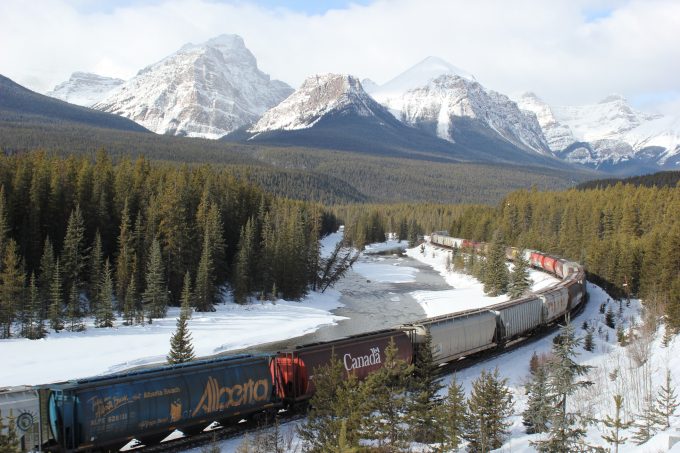Another boost for India as Apple signals iPhone Pro production shift
Amid the “violent” changing structure of global trade, India is showcasing as an attractive alternative ...

Rail capacity in Canada has shrunk at a critical time as Canadian Pacific Railways (CP) moved on Sunday to shut down its network over the current contract dispute with labour.
Members of the Teamsters Canada Rail Conference (TCRC), which represents some 3,000 CP employees, went on ...
MSC switches two more Asia-Europe port calls from congested Antwerp
Front-loading frenzy has made traditional H2 peak season 'unlikely'
Canada and Mexico get cosy with trade plan to bypass US
Tradelanes: Export boom in Indian sub-continent triggers rise in airfreight rates
Carriers introduce surcharges as congestion builds at African ports
Mexican airport modernisation plan unlikely to boost cargo facilities
Ports and supply chain operators weigh in on funding for CPB
Tradelanes: Overcapacity on Asia-S America impacting alliances and rates

Comment on this article